People of all ages utilize social media as a source of information. Whether keeping up with the latest celebrity drama or endlessly scrolling through short-form content, each platform is a source of knowledge and entertainment. However, what happens when politics becomes incorporated into one of the largest providers of statistics and information?
Brookings.edu, a non-profit research center, believes that the distribution of misinformation aided the 2024 election and influenced opinions. “Right now, many leading platforms are cesspools of rumors, false information, and outright lies. They are widely disseminated and seen by millions of people. If that continues, it will become increasingly difficult to discern fact from fiction—endangering our country’s ability to address major problems,” Darrell West, a Brookings researcher of governance studies, claims.
The article states that much online content can be modified, opinionated, or inaccurate. Despite the malicious intent, misinformation affects many people. Brookings is attempting to raise awareness about the rise in false information and how it affects real-life situations.
Some of the most popular forms of online media are platforms known as Instagram and TikTok. Both sites utilize an algorithm for short-form content, which has you scroll down to view the following video. Videos have a maximum of 90 seconds on Instagram, and videos on TikTok can be up to ten minutes long. This extended duration provides plenty of time for both sites to utilize their time to inform many young people about current events.
Isabella Lawrence, a 16-year-old Junior at Portsmouth High School, has plenty to say about the impact of social media. Isabella believes it has a firm impact on our politics. “One hundred percent. In social media, the algorithm tailors to your interests. You will always be seeing biased opinions, and social media is so prevalent in society that it’s almost impossible to have neutral and unbiased news.”
Lawrence additionally said the measures developers should take to monitor the content we view daily. “We should have social media monitoring the information being distributed, we don’t want any spread of propaganda and misinformation. There’s already enough of that displayed online. We want politics, which should be based on facts and reliable information, to be backed up and supported by valid evidence.”
“Everyone is influenced by social media,” she continues. “It’s terrible. If a student is interested in conspiracy theories and politics, that is the primary type of content they will be fed. Several people use social media to learn news about politicians, and it’s all about using a solid source to get your information. However, most times, using Instagram reels and TikTok isn’t that source. I often use Instagram and TikTok but follow official and verified accounts to get my information. Recently, I’ve tried to stray away from social media as a source of information due to its lack of credible sources.”
Lawrence also claims that social media has a strong influence on general public opinion: “It’s influenced public opinion a lot. Again, it depends on your interests and what side of the story you are shown based on your political view. If you’re interested in a subject, you will be shown more of it. It’s just the nature of those kinds of apps.”
At PHS, a student-run survey conducted in mid-December researched how political ads displayed themselves to frequent social media users. This survey was distributed to several classrooms to ensure diverse responses. The survey concluded that 34.5% of responders had Instagram and TikTok, while 27.6% of individuals did not communicate with either platform. Despite 65.5% of the participants claiming they spent 1-5 hours on Instagram daily, 62.1% hardly viewed any political information or news. Another unique aspect of the survey was that 55.2% of people expressed that political advertisements or campaigns did not impact their beliefs.
According to the Pew Research Center, many people primarily use these platforms for entertainment. “Entertainment largely reigns, especially on TikTok. Nearly all TikTok users (95%) say they’re on it because it’s entertaining, and about three-quarters or more say the same for X, Facebook, and Instagram,” according to the Pew Research Center Colleen McClain. The research center also claims that although people use these apps for entertainment, people still receive an abundance of political bias on their feeds.
Maya Glos, a history and civics teacher at PHS, agrees that social media influence is too prevalent today to go unnoticed. “Social media is significant because it helps us stay informed of events. But, there is also a sense of responsibility because it allows each person to express what they think. People are responsible for the bias that they view. Social media allows everyone to express what they believe about things.” Glos commented.
Glos also states that students should not believe everything they see online. “People should be more aware of media literacy and what is happening globally. They should know what is real and how to dig deeper into a topic they see online instead of outright believing it without questioning things. I think social media is the number one influencer of public opinion. Getting information from websites like TikTok or Instagram is the primary source of information for young people. Whether it is authentic or fake, the influence is substantial. With the rise of online platforms, people do not spend their time watching the news, so their sources are typically outdated or incorrect.”
“I think there should be more moderation for things such as hate speech, hate language, instead of monitoring and removing rights to free speech,” Glos resumes. “Apps should remove things that encourage hate speech and negative towards others. If I say online, ‘I believe this and that,’ without using any hateful language or targeting people, I should be allowed to say that. I should also be able to take criticism of my opinion because other people also express their right to freedom of speech.”
Boston University News Service (BUNS), an online multimedia publication, agrees that social media influenced the recent election. “About 48% of 18-29 year olds get their election information from social media. However, according to a Security.org survey, over half of Americans have less trust in the media than a year ago. A BUNS poll of Boston University students found that over half of respondents got their 2024 election information from social media. The poll also found that the most popular platform for information was Instagram, ” said Tyler Davis, a student at Boston University.
BUNS also claims that the number of students who aren’t fact-checking or utilizing a secondary source of information is alarming.
“Seeing and hearing both the positive and negative aspects about presidential candidates and state representatives typically changes my perspective on that individual or group,” explains Joshua Ciotti, an 18-year old senior at PHS. “When I hear about things like crime or discrimination from specific groups, parties, or individuals, it will change my viewpoint and will not earn my vote.”
“I think that social media is a considerable part of our culture as it is a significant part of our lives. With everyone using social media more and more, people become more prone to what others say about politics despite it being false information, which can be frustrating. Social media has a very negative influence on public opinion. People are ignorant of information and are more susceptible to misinformation spread across multiple social platforms. While it can be a tool for learning, I would say that it spreads misinformation and turns people against each other more often than bringing people together,” Ciotti continued.
Throughout the 2024 election, both political parties recognized significant aspects of the programs and aimed to use them to their advantage. For instance, as of 2024, Joe Biden’s Instagram page has over 18 million followers from his political campaigns and advertisements online.
Although Biden never created an official TikTok account, his Instagram page was a source dedicated as a form of communication to his audience. In contrast to the typical approach to social media, Trump used several tactics to engage with a younger audience. While his TikTok account is similar to Biden’s, as it conveyed intentions and announcements, Trump’s Instagram page stood out as one of a kind. His account has also frequently posted many AI-edited and deepfake reels on Instagram, which prove to be a mockery of his political opponents.
Despite the widespread use of social media in campaigns, young people’s views remained unchanged, and these results could suggest that political bias does not influence young teens because they do not have the right to vote. Despite the lack of engagement from most young people, both parties earned millions of views on both platforms and earned their places in the 2024 election.


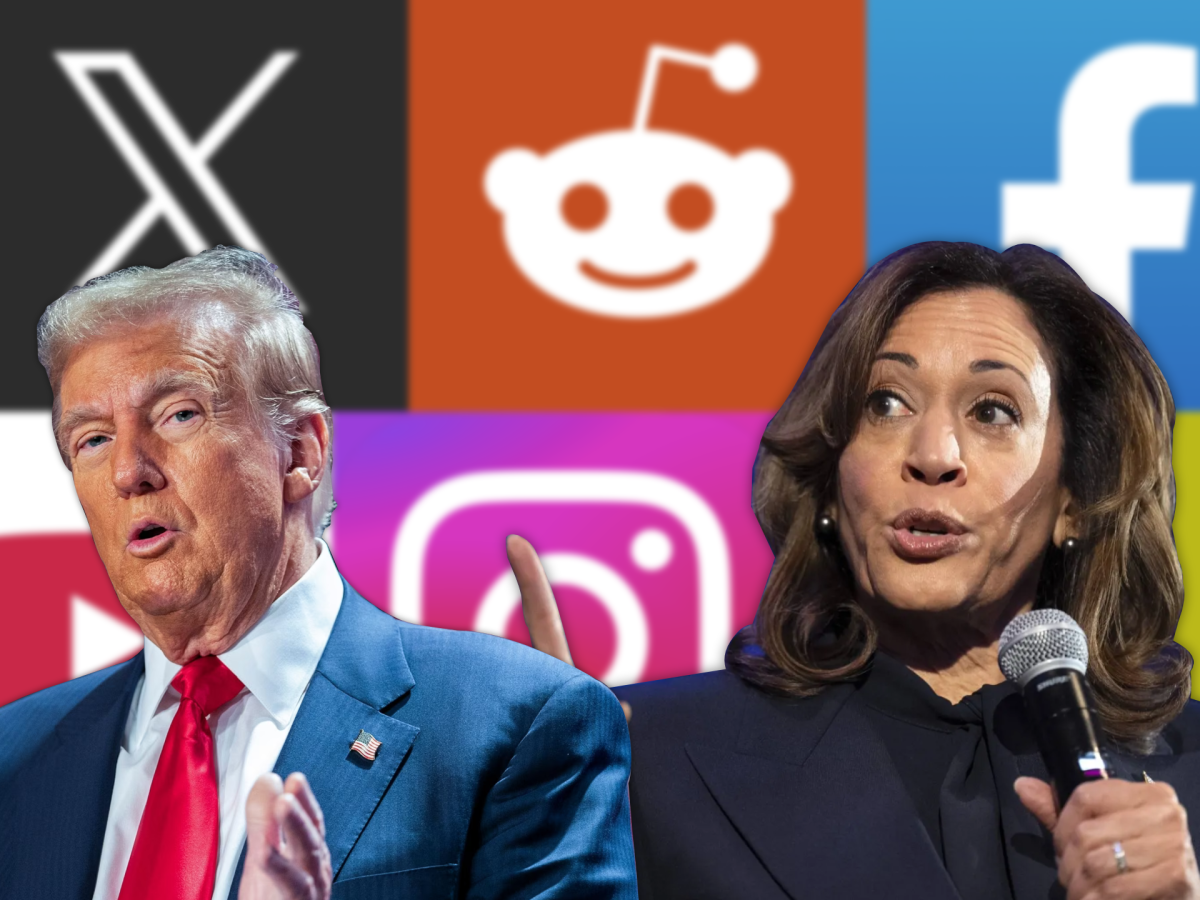
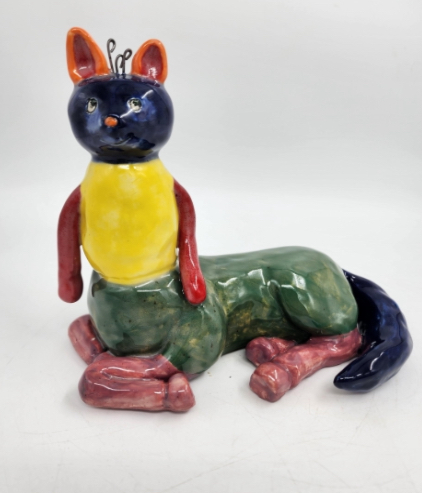
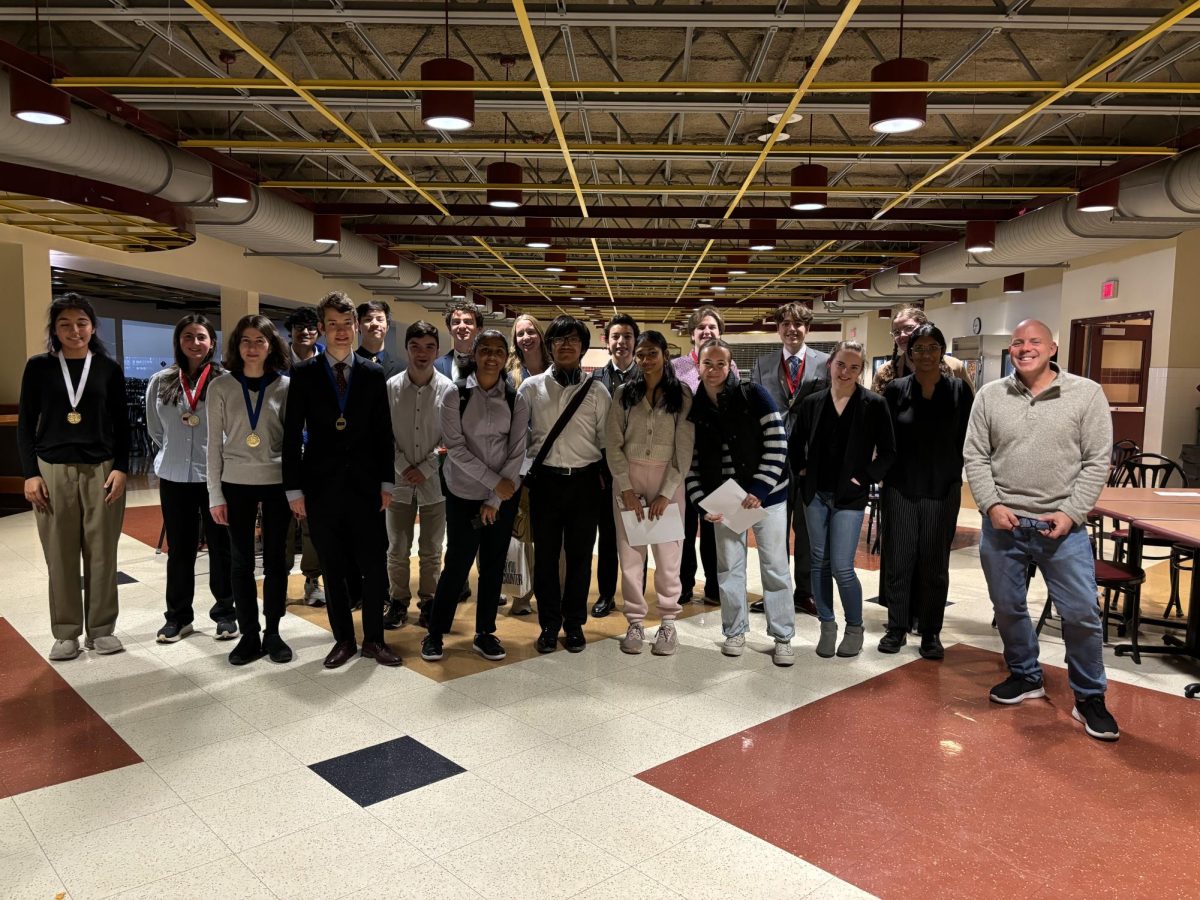

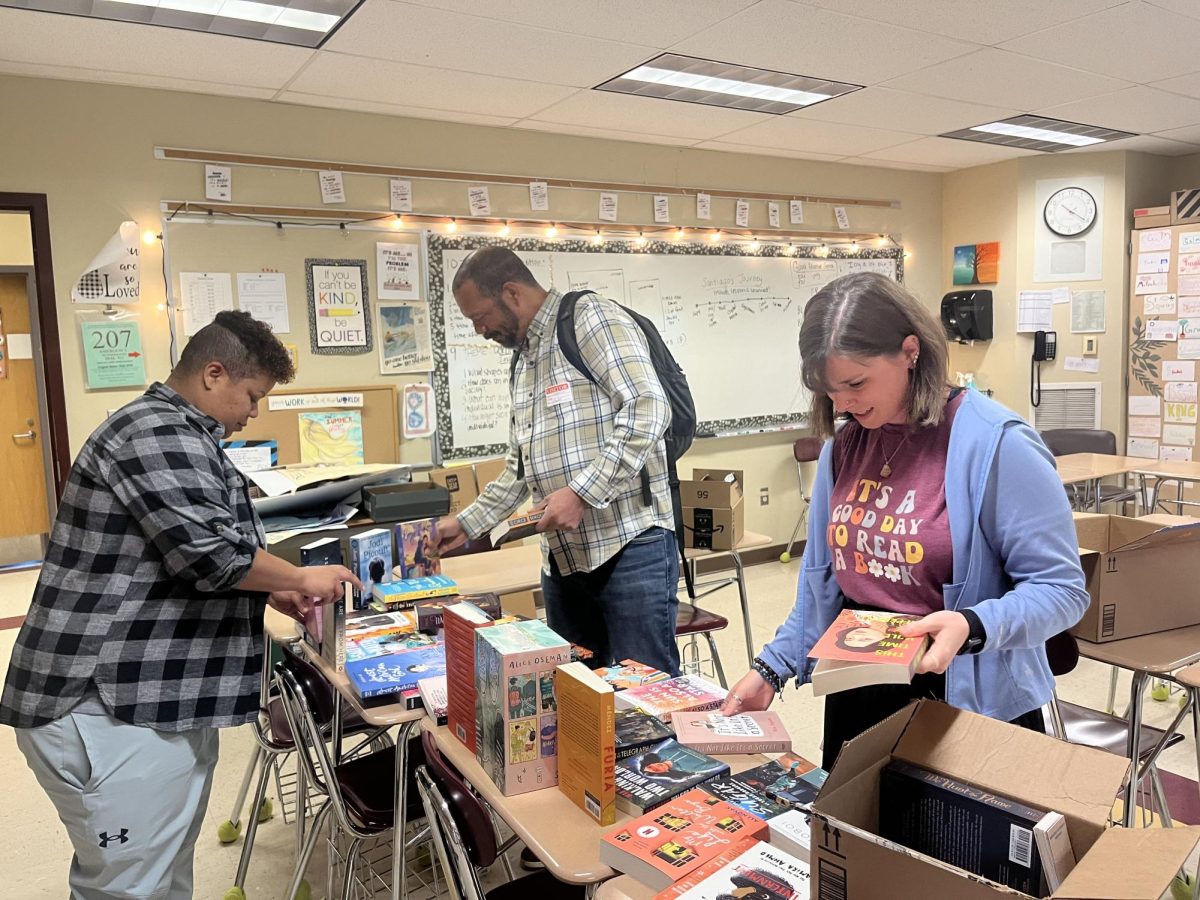

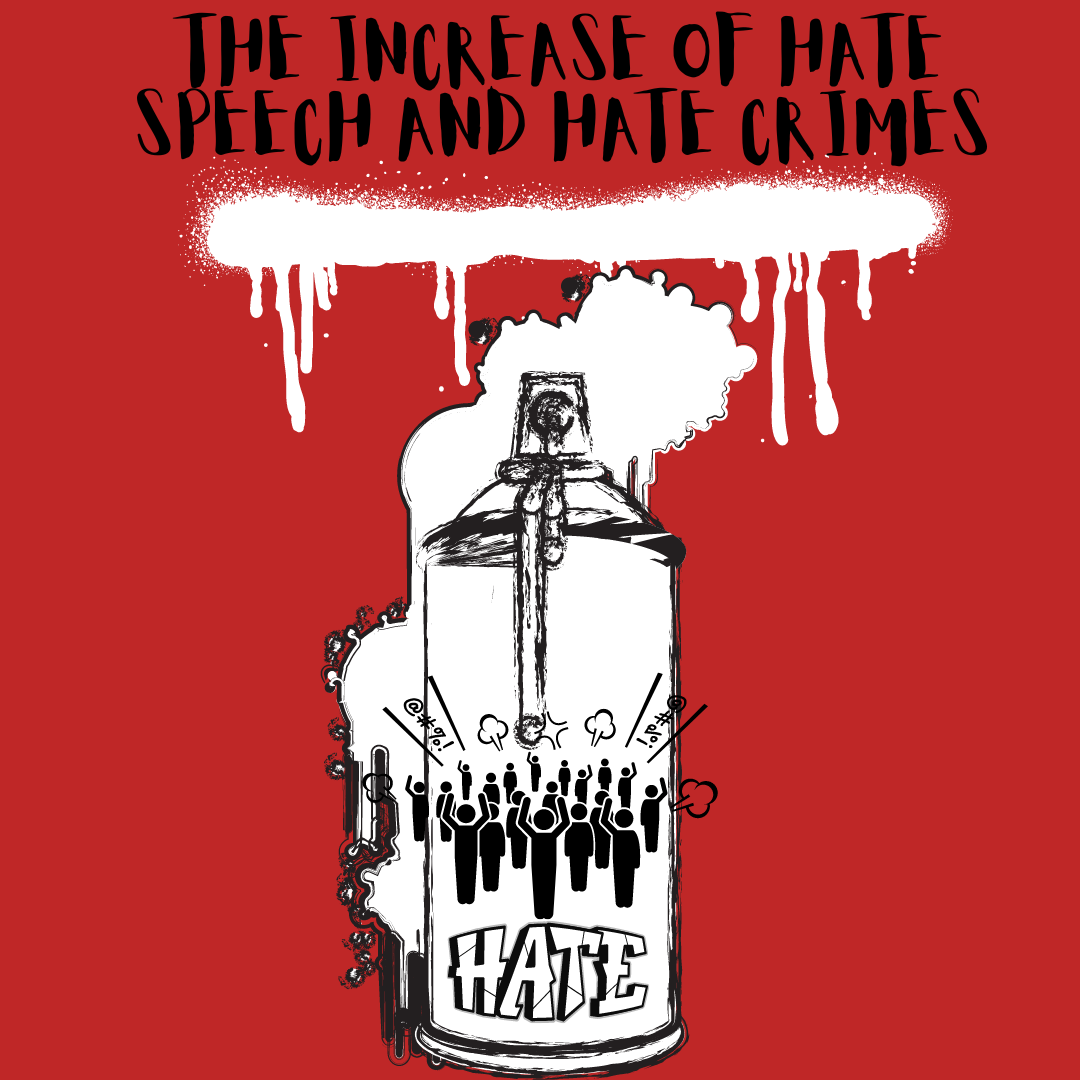
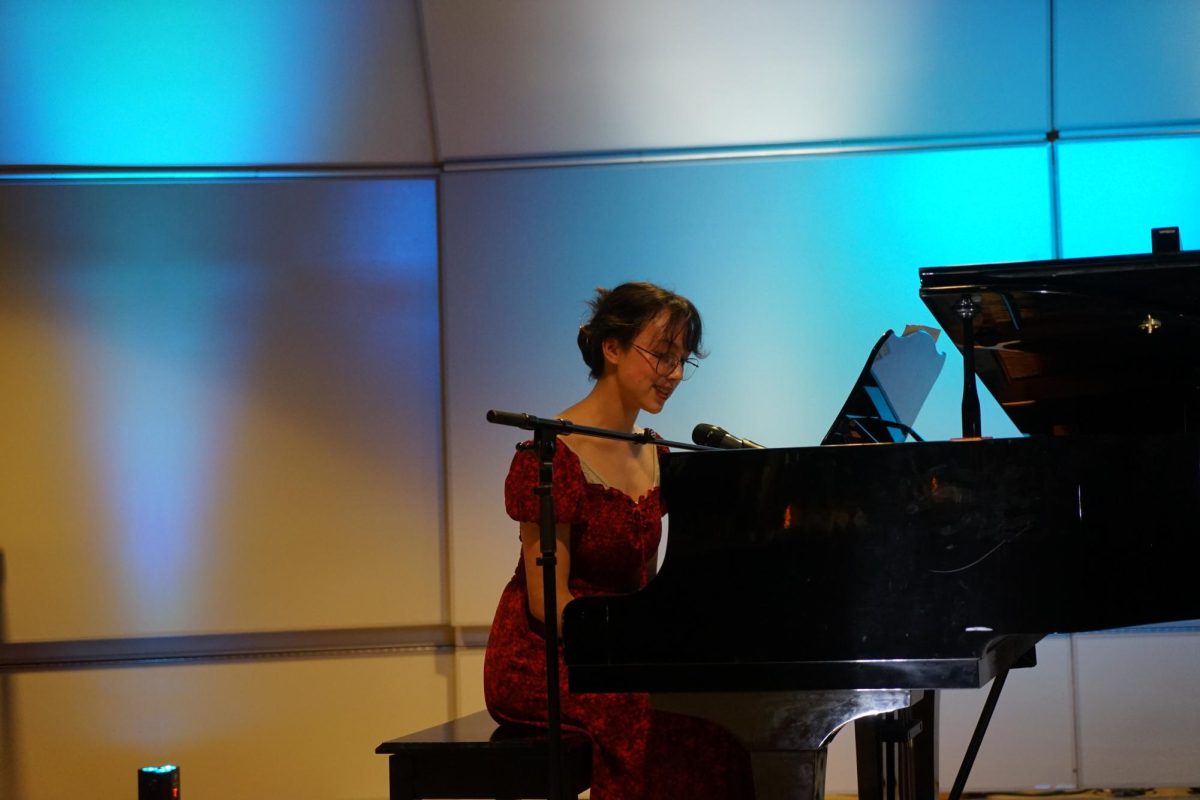
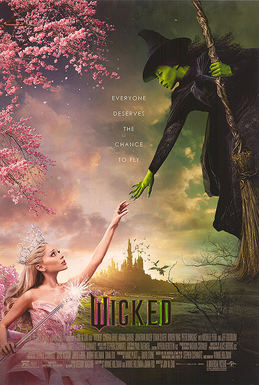
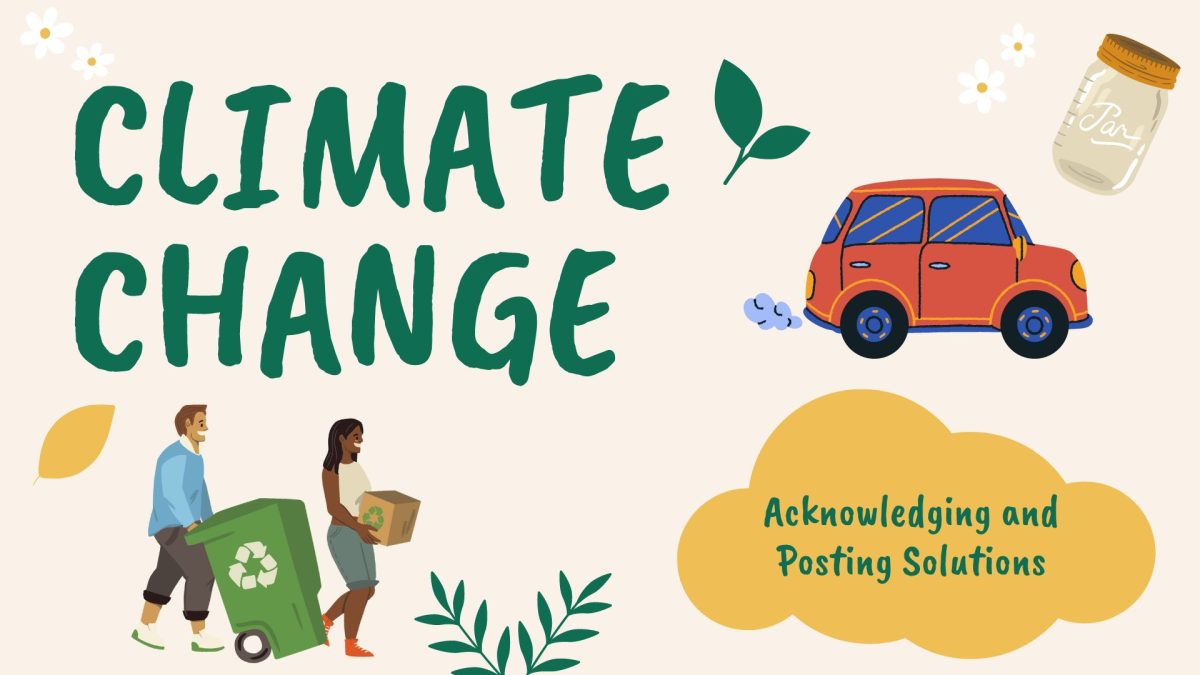
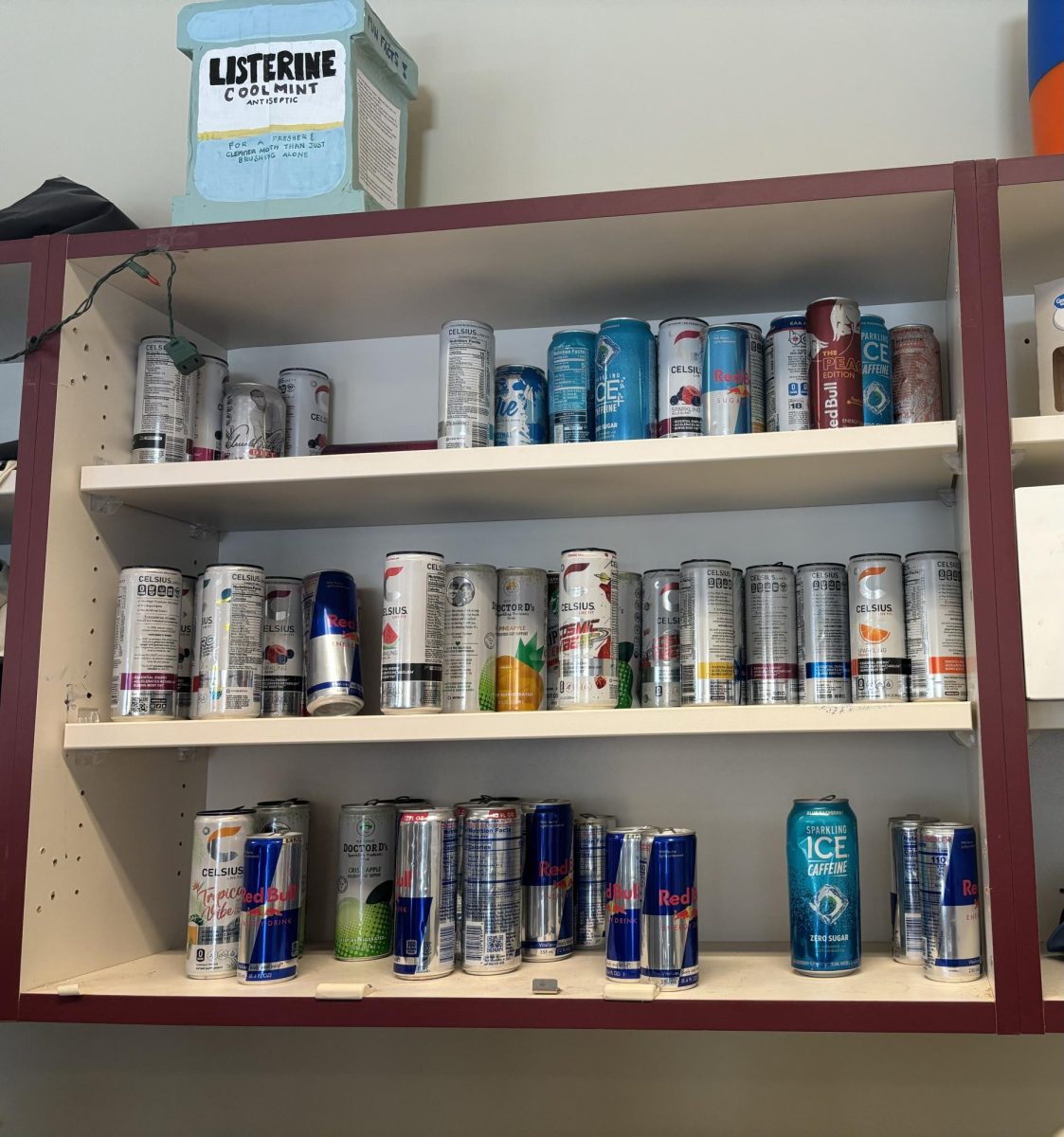

Best Uncle Ever • Jan 22, 2025 at 4:25 pm
Wow! This article is quite insightful. The young woman who wrote this is clearly intelligent. I appreciate her use of trusted sources while also peppering in local academics to add perspective. Kudos to such a fine, well written article.